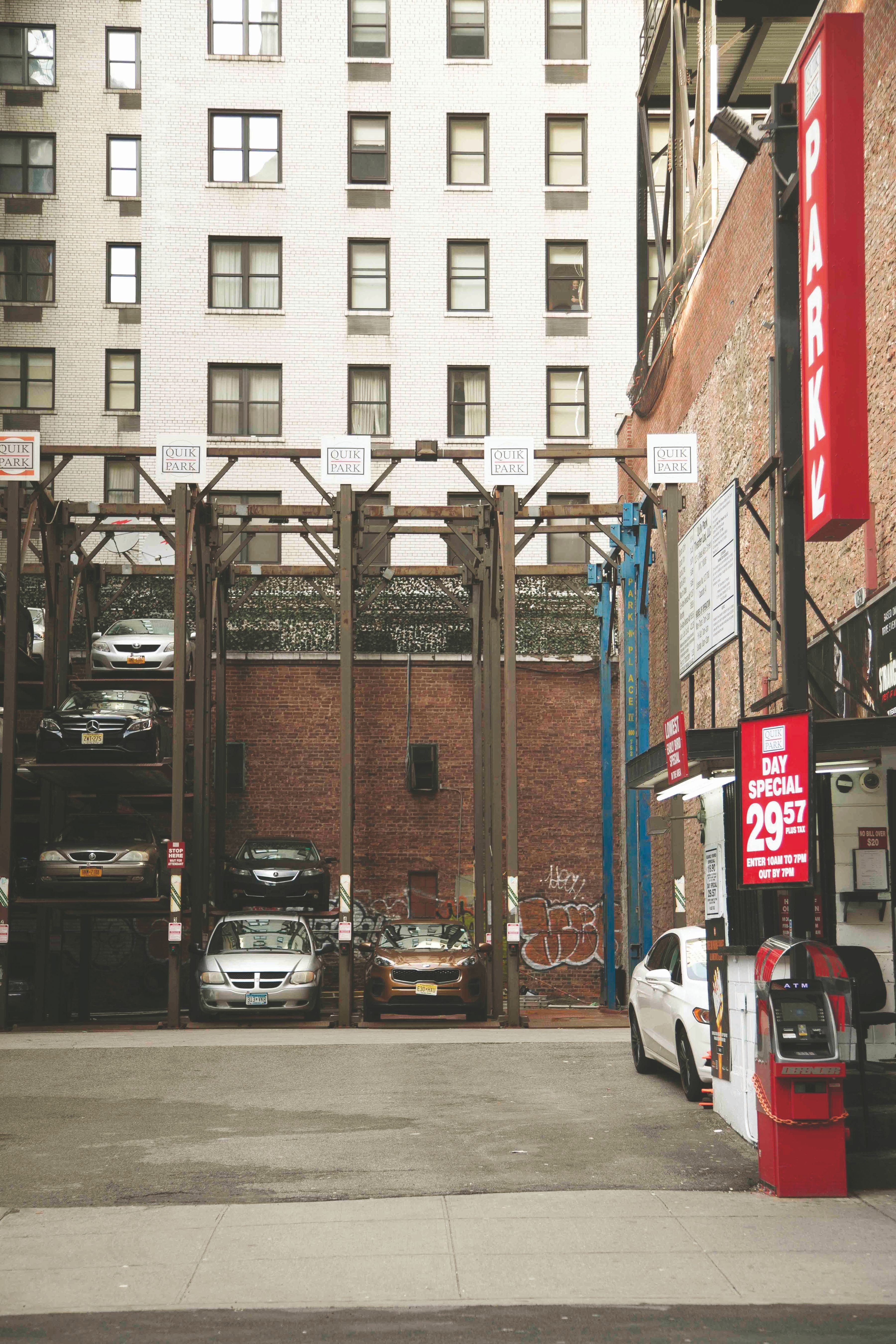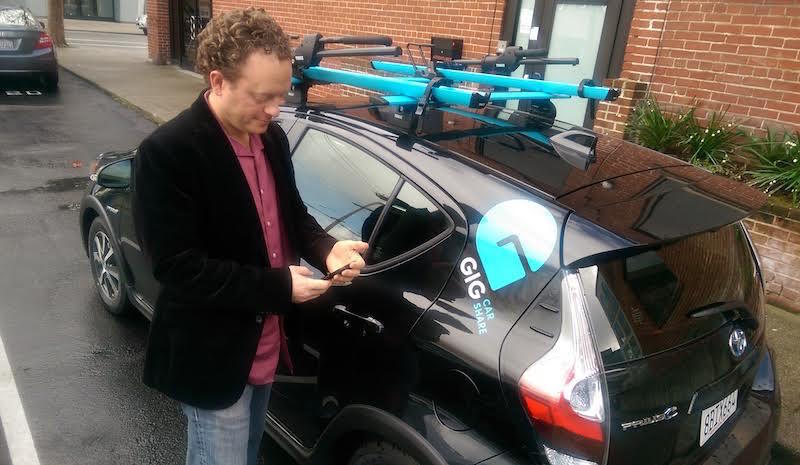
by Innovative Mobility Research | Feb 27, 2018 |
February 27, 2018 By: Susan A. Shaheen, PhD Increasingly, mobility customers are turning to on-demand service providers to access an array of mobility options. Mobility on demand (MOD) is an innovative transportation concept where all consumers can access mobility, goods, and services on demand by dispatching or using shared mobility, delivery services, and public transportation solutions through an integrated and connected multi-modal network. The most advanced forms of MOD passenger services incorporate trip planning and booking, real-time information, and fare payment into a single user interface. Passenger modes facilitated through MOD providers include: carsharing, bikesharing, ridesharing, ridesourcing/transportation network companies (TNCs), scooter sharing, microtransit, shuttle services, public transportation, and other emerging transportation solutions. The most advanced forms of MOD courier services incorporate robotic delivery, app-based courier network services (CNS), and aerial delivery services (e.g., drones). Fundamentally, MOD is about how people make mobility decisions, how they move, how they consume goods and services, and the stakeholders that make it possible. In this blog, we explore three key components of MOD 1) The principle of commodification; 2) Importance of public-private partnerships and stakeholder groups; and 3) Changes in consumption, goods deliver, and mobility are interrelated and integral to MOD. Read the full blog post...

by Innovative Mobility Research | Feb 21, 2018 |
February 21, 2018 By: Matthew Flamm and Daniel Geiger As head of Garage Management Co. for the past 30 years, Gordon Hamm has seen peaks and valleys in New York’s parking business. But he’s never seen anything like the past 18 months. Despite a healthy economy and record employment in a city that’s more crowded than ever, business at his company’s 57 garages is down across the board.— And it’s not just Garage Management that’s suffering. Interviews with other parking industry leaders show a sector on the verge of a shakeup as operators struggle with rising labor costs and declining demand for a parking space for an evening, a day or just a couple of hours. The problem goes deeper than any swing in the economy. New Yorkers are changing how they get around. Parking operators have been hit by a one-two punch: more people using Lyft and Uber, which has slowed Manhattan traffic to a crawl and thus discouraged those with personal vehicles from driving into the city. Read the rest of the story...

by Innovative Mobility Research | Feb 1, 2018 |
February 1, 2018 By: JACK STEWART The term “livable city” has been kicking around since the 1980s, but it’s never had much of a definition. It’s clearly a good thing for attracting residents, businesses, and investors. Yet depending on who wants to live how and where, it entails elements of mobility and sustainability, investment and entrepreneurship. Today, 15 tech companies devoted to reshaping the way we move came together to define the euphemism. These ride-sharing, bike-sharing, and transit companies signed a joint pledge to “prioritize people over vehicles”, lower emissions, encourage data sharing, and other lofty goals that should make cities nicer places to live—if everyone can just get on board. The “Shared Mobility Principles for Livable Cities” is the work of Zipcar co-founder Robin Chase, along with a group of city and transport organizations. They’re heavy on future-gazing talking points. The word mobility comes up a lot. “For most cities, urban planners, legislators and residents, there is a cacophony of advice,” says Chase. She wants the shared principles to cut through it all with simple, sensible guidelines. Read the rest of the article...

by Innovative Mobility Research | Jan 30, 2018 |
January 30, 2018 By: Eli Wirtschafter Zipcar. Ford GoBikes. Scoot. Shared vehicles are multiplying like rabbits in the Bay Area. Just this month, a company called JUMP rolled its electric bikes onto San Francisco streets. And in Oakland and Berkeley, Gig Car Share, the first “one-way” car share service in the Bay Area, is doubling its fleet of black Priuses from 250 to 500. The service, operated by AAA, has hopes to expand to nearby cities, including San Francisco. KALW’s transportation reporter Eli Wirtschafter talked with Crosscurrents host Hana Baba about the rise of vehicle sharing in the Bay Area. Listen to the full story...

by Innovative Mobility Research | Jan 5, 2018 |
Jan. 4, 2018 WASHINGTON — Susan A. Shaheen, co-director, Institute of Transportation Studies’ Transportation Sustainability Center, University of California (UC), Berkeley; adjunct professor, Civil and Environmental Engineering Department, UC Berkeley; and faculty scientist at the Lawrence Berkeley National Laboratory, is the 2017 recipient of the Roy W. Crum Award for her distinguished achievements in transportation research. Named for Roy W. Crum, who served as the Transportation Research Board’s executive director from 1928 until his death in 1951, TRB’s Crum Award recognizes outstanding leadership in transportation research or research administration. Shaheen will accept her award on Jan. 10, 2018, at the 97th TRB Annual Meeting in Washington, D.C. Shaheen is an internationally recognized leader in research on shared mobility and environmentally friendly transportation. Her research has broken new ground in carsharing, bikesharing, and shared-ride services for more than two decades. She has also advanced sustainable transportation research in the areas of smart parking management for public transit and trucks; ecorouting for private vehicles and freight; fuel cell, electric, and plug-in hybrid vehicles and infrastructure; smart cities; and older mobility. She has authored 60 journal articles, more than 120 reports and proceedings articles, nine book chapters, and co-edited two books. Read the full Press Release...






